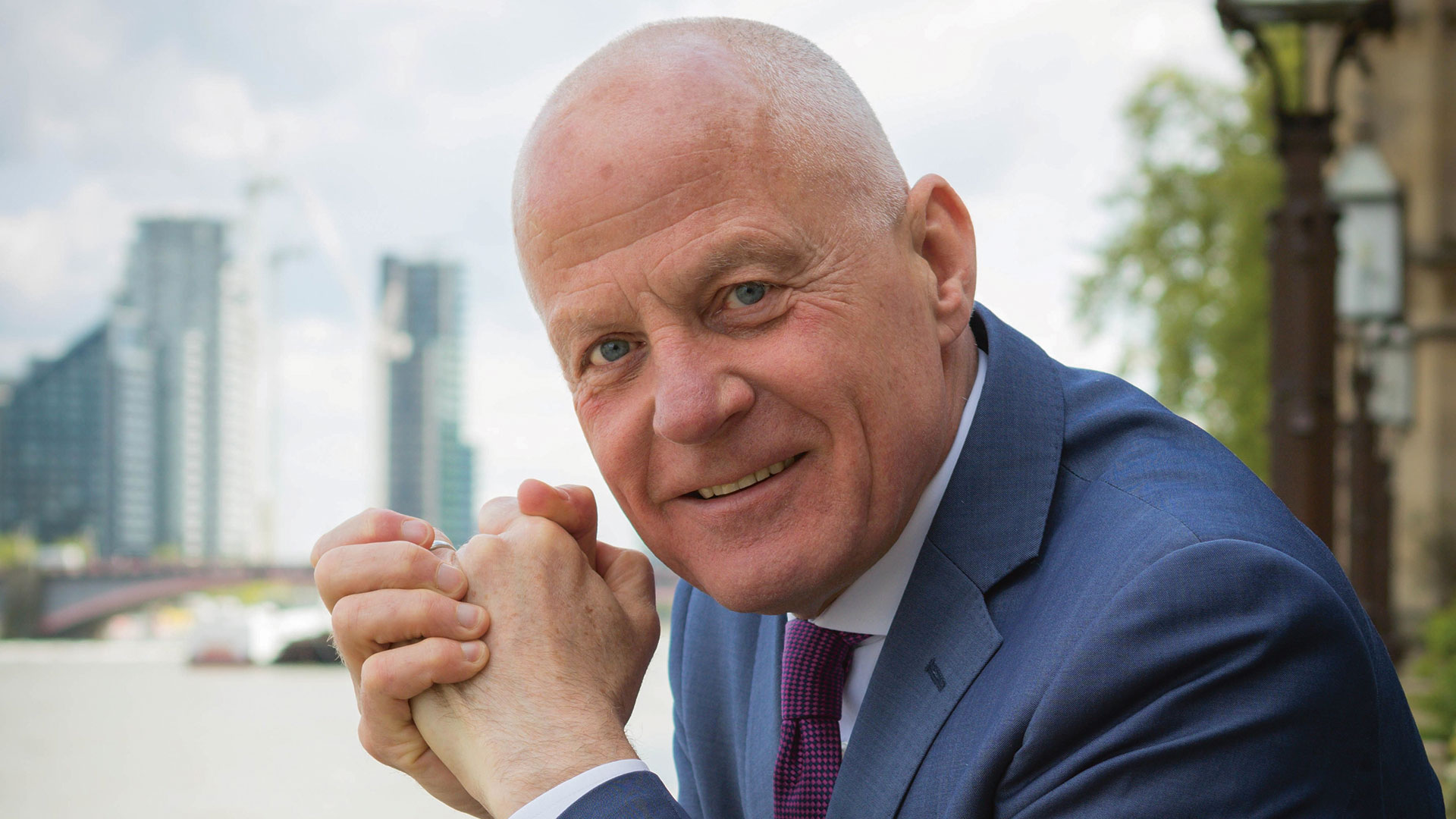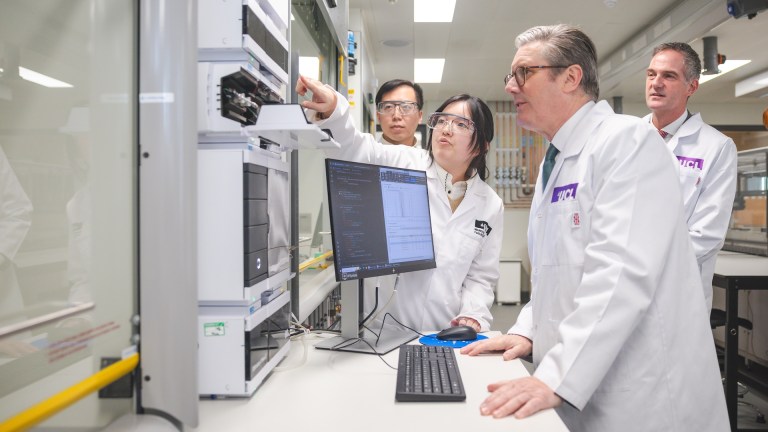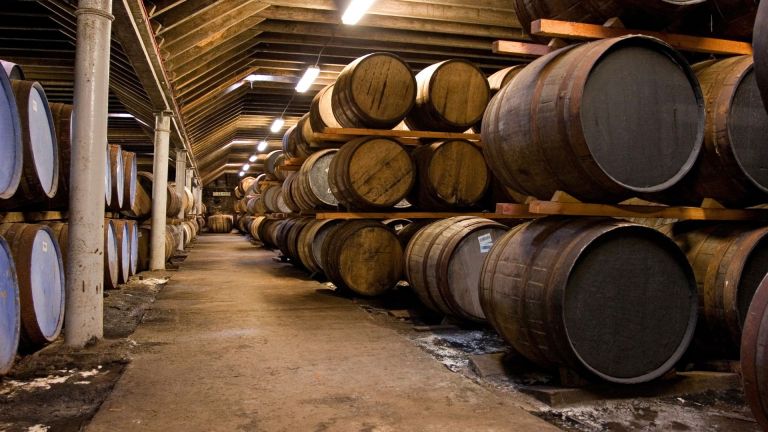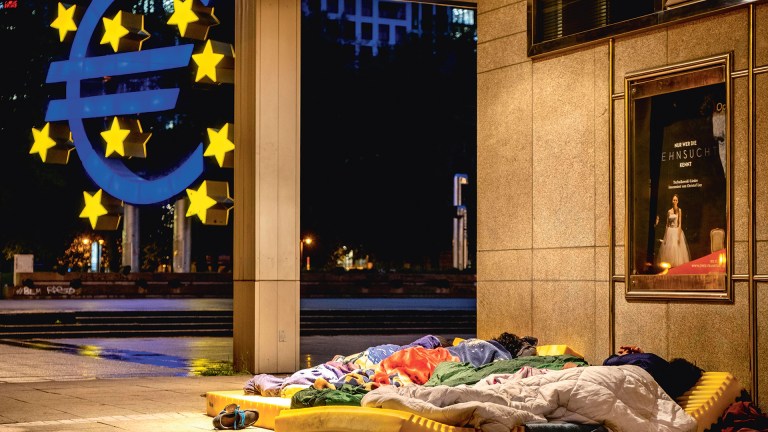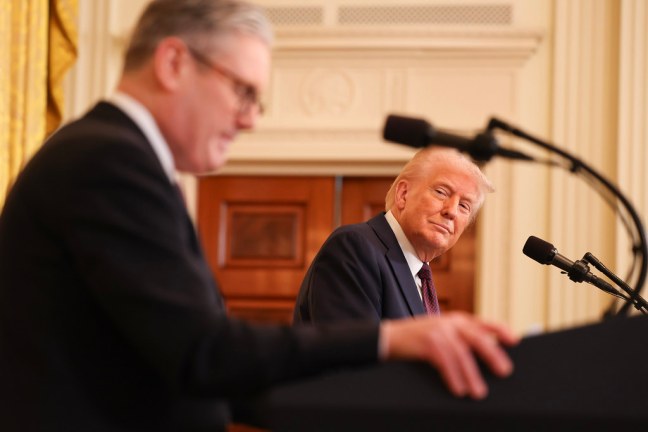At 16 years old, I was just starting out as a young adult on an acting career. I knew my own sexuality, I knew I was attracted to boys. I was really, really trying to find a place to belong. I came from the East End of London to the West End of London, this other world that I could hide myself in and fantasise in, a world of tiny gay clubs where the strongest drink you could get was a black coffee. People pushed pills towards you, and you ducked away from them. It was an incredibly confusing and brilliant time. And life threw some heavy punches sometimes, in places where I least expected them, like my school. But I was a smiler. I looked out with wide, wide eyes, smiling at the world in which I was living and which I didn’t really understand.
The hard times I went through you can’t, as a young person, rationalise [Cashman suffered regular sexual abuse as a young boy]. In a way you can’t give them space because they would pull you down. Often when things happen to you, you find survival mechanisms and part of that is imagining that those things happened to somebody else and it’s not somebody you know and face daily. Young adults are really quite imaginative about how to deal with life throwing them a punch on the chin.
I look back at my teenage self and I love him. I love his openness. I love his ability to laugh. His ability to throw himself into a world as alien as the world of showbusiness. And I love him because he dared to try to find someone. And he did; at just over the age of 16, he found somebody
eight years older than him. And this guy was stunning. He was the richest straight gay guy I ever met. He swept me off my feet. And due to my perseverance and determination we were together for nearly nine years. Then he tried to pretend I didn’t exist. But I love the young Michael for having the guts to commit to something, during the ’60s and ’70s when teenagers were pretty crazy – drugs were common currency, binges and all-night parties. Instead I opted for a love life. And it changed me because I think to be loved, and to love someone… it changes you for the rest of your life.
The relationship with my mother was very close. I was her confidant at a very early age, and in some respects perhaps that took away a bit of my innocence. We all need someone to trust and she saw me as a repository of some of her secrets. She didn’t have to believe in Jesus Christ because she believed I walked on water. And she was fascinated by my life in showbusiness. When I opened an avocado pear and put oil and vinegar in it, she looked at me and said, oh you showbusiness people, you do live strange lives! I was a little glittering ball in her life and she couldn’t quite understand where the electricity to power it came from, or which way that light would turn, but she was mesmerised by it.
My dad and I always had a difficult relationship because I wasn’t the man he wanted his son to be. I wasn’t at all athletic. I ran away from the football, I ran away from the horror of the communal cold showers on sports day. He was sceptical about my work. He liked the money it brought in, but he certainly didn’t like the fact that I was living in a world which, as he said, was filled with queers.
If you told the teenage Michael how his life would turn out, he’d say: well, that’s not going to happen! Because when I was 16, it was still criminal not just to try to meet other gays but to have a consenting relationship. It wasn’t until I was getting into my 17th year that the law changed [and homosexuality] was partially decriminalised. So my 16-year-old self, thinking of going out there and leading the fight on gay rights [before he was a MEP and Labour peer, Cashman was a founder member of LGBT rights charity Stonewall] – he would have been certified as ready to be locked up. If you’d told me that when the government brought in the first anti-lesbian and gay law in 100 years, I was going to campaign against it… The 16-year-old me would have covered his head and gone: no, no, Michael don’t do it, you’ll end up in prison.
